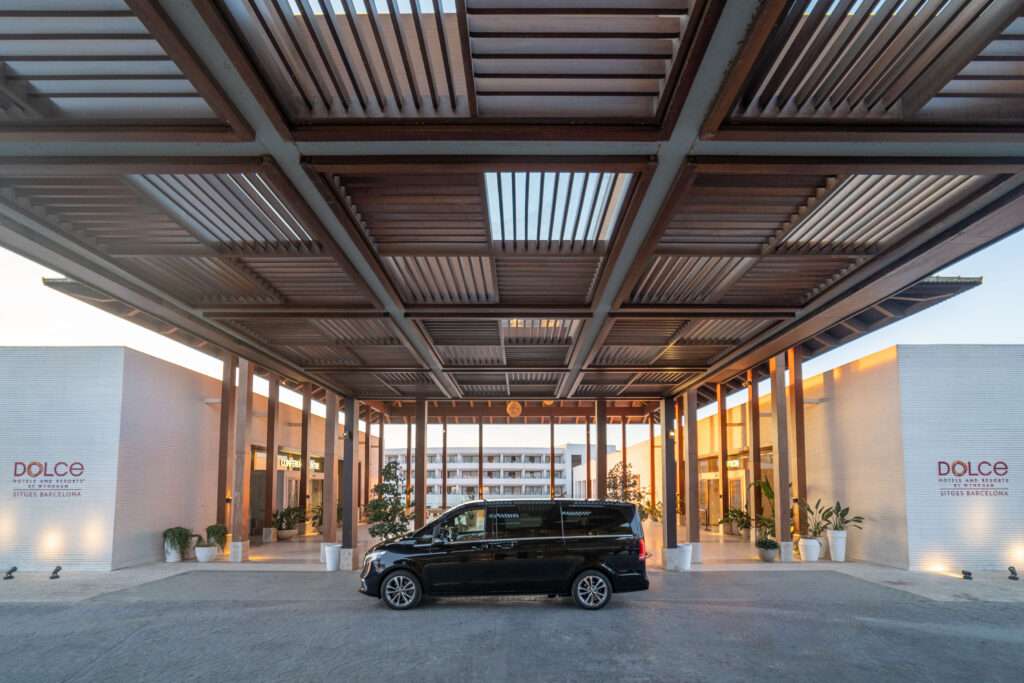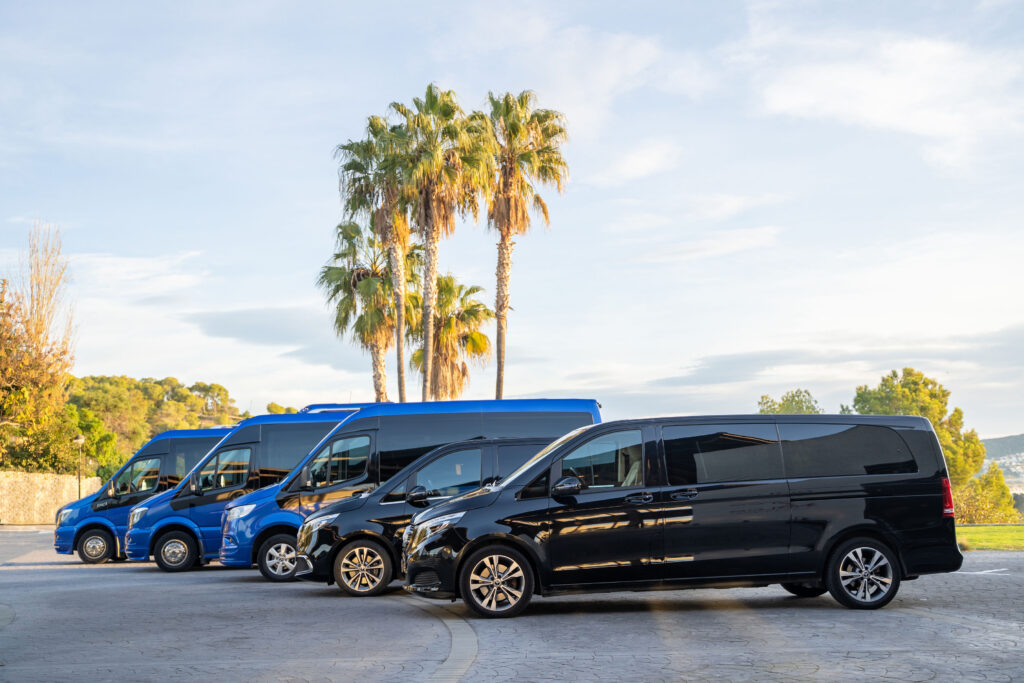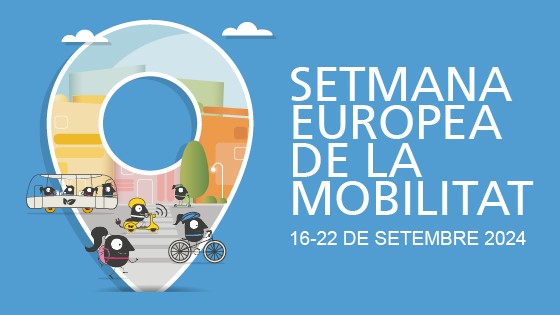MOBILITY AND SUSTAINABILITY IN TOURISM

SUSTAINABLE TOURISM – A TOOL FOR DEVELOPMENT
Sustainable tourism continues to advance in Spain. When traveling, whether for business or pleasure, embodying the concept of ethics is a fundamental step towards commitment. Inevitably, talking about an ethical code in tourism leads us to discuss what it means to be a responsible traveller. One is a responsible traveller when they integrate respect for the people who welcome them, their culture, customs, and natural environment into the spirit of their journey.
This year, it is expected that more than 1.5 billion travellers have crossed international borders. By 2030, this total number could reach 1.8 billion. All these visitors offer us new opportunities to contribute to making this world a better place and advancing sustainable development in its three (R) pillars, which involve Respecting nature, Respecting culture, and respecting the host. We all are tourists at different times in our lives.
SUSTAINABLE CITIES – WHY IT MATTERS
World cities occupy only 3 percent of Earth’s land, but they represent 60-80 percent of energy consumption and 75 percent of carbon emissions. Rapid urbanization is putting pressure on the supply of freshwater, wastewater, the environment, and public health, but the high density of cities can bring efficiency gains and technological innovation while reducing resources and energy consumption. Cities are hubs of ideas, trade, culture, science, productivity, social development, and much more. At their best, cities have enabled people to advance socially and economically.
However, there are many challenges to maintaining cities in a way that continues to create jobs and prosperity while not straining land and resources. Common urban challenges include congestion, a lack of funding to provide basic services, a shortage of suitable housing, and declining infrastructure. The challenges facing cities can be overcome so that they can continue to grow and flourish while improving resource use and reducing pollution and poverty. The future we want includes cities of opportunities for all, with access to basic services, energy, housing, transportation, and more. And to carry out good management, we must rely on new technologies. The impact and implications of the digital revolution are increasingly evident, and the 2030 Agenda for Sustainable Development recognizes the great potential of global connectivity to stimulate human development. Information and communication technologies (ICT) are changing the world’s response to the challenges facing humanity.
They help humanitarian efforts reach more people and improve the quality of life for millions of vulnerable communities on our planet.

At Esteve Busines Cars we are aware of environmental needs and climate change, endorsed by European regulations. We have vehicles with Euro VI engines, the new generations for coaches with virtually zero CO2 emissions.
CO2 emissions originating from European Union transportation currently account for 3.5% of global CO2 emissions. Faced with this situation, a change was needed to promote this hopeful future that each one of us strives for. Hand in hand, in our case, with Mercedes-Benz, the development of EURO VI engines has achieved a new milestone, combining extraordinary performance with low consumption and exemplary environmental compatibility.
EUROPEAN MOBILITY WEEK 2024.

CLEAN AND SMART MOBILITY
The European Commission launched EUROPEANMOBILITYWEEK. It is an emblematic campaign for mobility and transportation, taking place in different European cities until September 22.
European Mobility Week is the annual flagship campaign of DG MOVE. In this edition, more than 2000 cities organize events to promote sustainable urban mobility in Europe, often culminating in a car-free day and providing many opportunities for residents to interact with local authorities and discuss the benefits of active and sustainable transportation. During Mobility Week, various local and national public agencies conduct campaigns in this regard. They have organized events to encourage residents to try alternatives to traditional modes of transportation, especially private vehicles, to encourage new users to use different, more sustainable transportation modes.
The theme chosen by the European Commission for this year’s campaign in 2024 is “Energy Efficiency,” and the slogan for this and the coming years will be “Combine and Move!”
This year’s EUROPEANMOBILITYWEEK encourages people to use shared transportation forms, such as bicycles, carpooling, and, especially, buses and other forms of collective transportation. Europe is a leader in shared mobility solutions, and the value of shared mobility transactions in Europe was estimated at 5.1 billion euros in 2015. It is expected to exceed 100 billion euros by 2025. Sharing transportation not only helps people save money, but it also aligns with the EU’s goal of achieving a low-emission economy.
Every year, local authorities that make significant efforts to promote sustainable urban mobility during the campaign are recognized. Awards are given for initiatives or projects in sustainable mobility.
In Catalonia, from September 16 to 22, the Sustainable and Safe Mobility Week is also celebrated, promoting more sustainable, safe, and healthy mobility habits such as walking, cycling, public transportation, or electric vehicles, as well as visualizing possible changes in the use of public space, improving air quality, and reducing pollution. It is a campaign to raise awareness among both policymakers and citizens about the negative consequences of the irrational use of cars in the city. In this context, September 22 is celebrated as Car-Free Day, to find solutions to problems associated with increased traffic in cities.

The main objectives of the week are as follows:
- Stimulate citizen behavior regarding vehicle use that is compatible with sustainable urban development, particularly in terms of protecting air quality, preventing traffic accidents, reducing greenhouse gas emissions, and using energy resources rationally.
- Raise awareness among citizens about the environmental impacts of transportation and inform them about different transportation modes.
- Promote the use of sustainable transportation methods, especially public transportation, bicycles, walking, and electric vehicles. • Foster a reconnection of citizens with the city, its people, and its cultural heritage, in a healthy and relaxed environment.
- Reflect on how excessive use of motorized transportation affects our health. On one hand, the air pollution and congestion it generates have a negative impact on the respiratory and cardiovascular systems. On the other hand, it promotes sedentary behaviour and physical inactivity.
